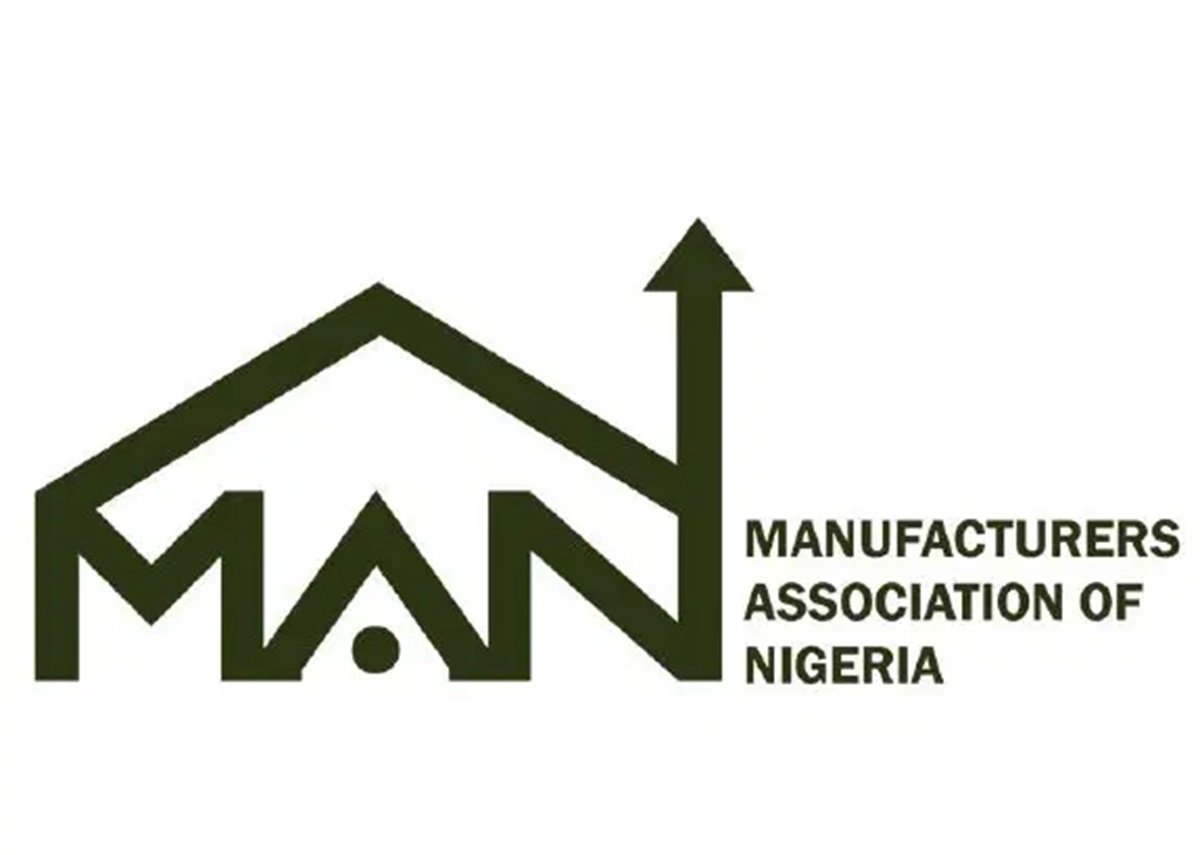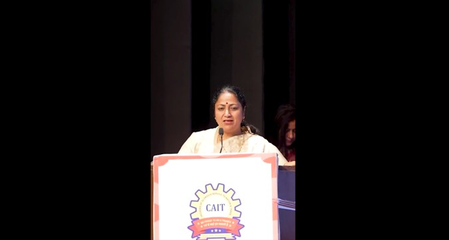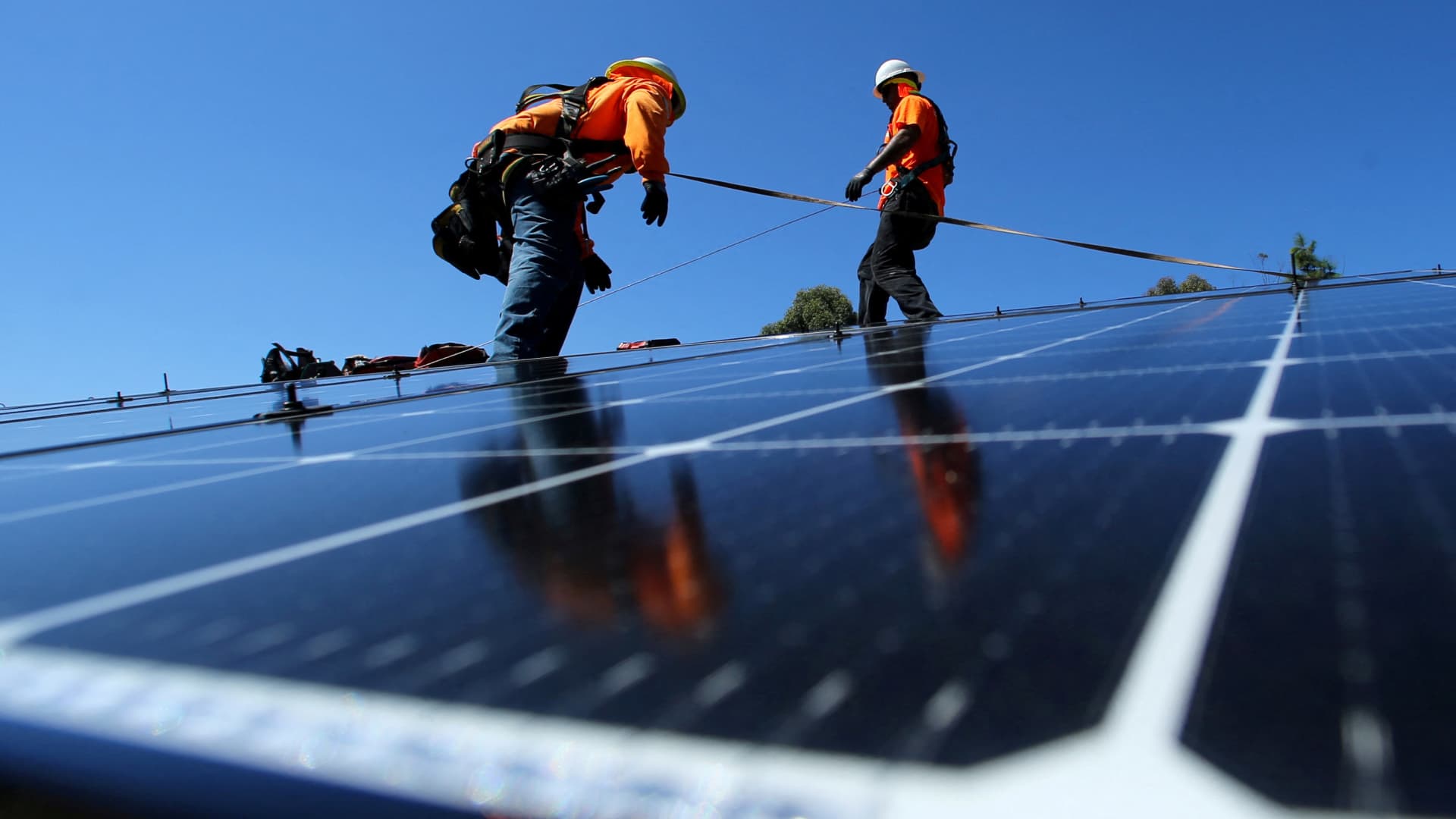Copyright tribuneonlineng

The nation’s manufacturers have described the exorbitant fines being imposed on members and persistent threats of factory shutdown by state agents as evidence of over-regulation and policy inconsistency on the part of the government. The Director General, Manufacturers Association of Nigeria (MAN), Segun Ajayi-Kadir, who stated this at the public presentation of reports of Q3 2025 MAN CEO’s Confidence Index and 2025 MAN Think Tank Report in Lagos recently, also identified unwarranted oversight activities of the National Assembly as another factor that had not helped the cause of the sector in Q3 2025. He described the modest rise by 0.4 points from 50.3 in Q2 2025 to 50.7 in Q3 2025 in the confidence level of over 500 member-chief executives interviewed for the study as significant, since it marked the second consecutive quarterly rise, thereby indicating a “cautiously improving perception among manufacturers.” Ajayi also described the slight upticks of 0.6 point and 0.3 recorded in the current business condition and current employment condition respectively in the study as reflecting the improved confidence driven by the disinflation trend and a more stable exchange rate, which have eased input cost pressures. He, however, attributed the marginal decline by 0.3 point in the current production condition to the industrial disputes in the oil and gas sector, which disrupted gas supply, raised energy costs, and constrained manufacturing output. Ajayi noted that the underlying challenges, particularly high inflation, exchange rates, and interest rates, have continued to have their effects on the sector, as evident in the current indices in the quarter, which still remained below the 50-point threshold. He, however, expressed delight at the projected indices for the next quarter, which remain above 50 points, describing it as showing sustained optimism among manufacturers. “This optimism is buoyed not only by recent policy adjustments, such as the 50-basis point cut in the benchmark interest rate and the approval of tax incentives for local sourcing of raw materials, but also by strong expectations that the forthcoming National Industrial Policy will be highly private sector-driven. “Manufacturers are confident that a policy framework anchored on private sector participation will catalyse industrial competitiveness, stimulate productive investment, and open new frontiers for growth,” he added. Ajayi noted that while the recent indices showed that the sector and general economy are gradually finding their footing, he, however, cautioned that the sector could falter without deliberate and adequate industry-friendly interventions. The association’s President, Otunba Francis Meshioye, described the 2025 MAN Think Tank and the MCCI as a strategic platform created by the association with the primary aim of x-raying manufacturing performance, identifying binding constraints, and co-creating a robust roadmap that will positively influence the sector’s narratives in the years ahead. ALSO READ TOP STORIES FROM NIGERIAN TRIBUNE



